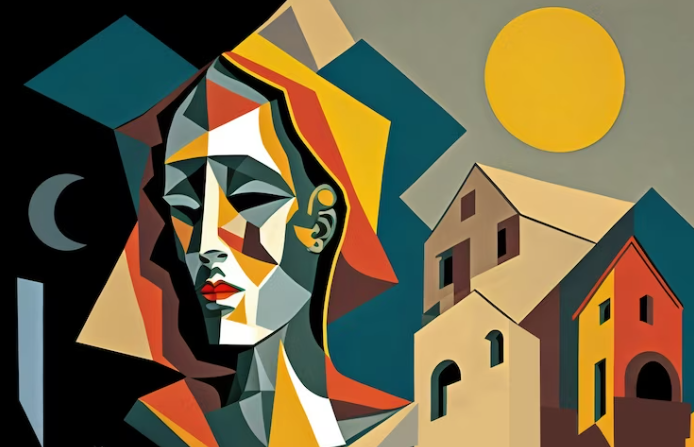Everything is beautiful
Home is where my heart feels most loved.
As I move through the city of Mississauga, in its hot and cold seasons, I have noticed the silence that stretches over life here like boredom after a heavy meal. The silence marks the spring; I do not hear birds, nor the bleating of a neighbor’s goat, not even a human voice. Instead, all I hear is the speedy automaton bustle of a sparse town going about its day, and the engines and tires grinding over tarmac make me think of Uganda—where I was born and raised, where urban sprawl has yet to silence the natural world around it.
I do not miss home. “Home” became a place devoid of hope for me, a place where things, people, and dreams are born to die. Even home had a kind of silence, that of secrets untold and lies hidden for fear of being punished for the truth. In leaving, I shed my concept of the land I was born into and took up the idea that home is where my heart feels most loved. But, in leaving, I left a land that I knew, a society that I recognized. There was the noise of life, the heat, and the stubborn hope of the stubborn African. There was the pungent awareness of the pain our corrupt governments and presidents inflicted upon us, pain that in its depravity became proof of the thick presence of God, because, as Graham Greene wrote in The End of the Affair, God could have killed us with happiness, but He instead let us be with Him in pain, together.
Still, in leaving home, I was left with no place of greater safety in a society peopled with strangeness and newness. As I pursued commonality and community with my peers, I found that I was keeping so much in, chipping away at myself to mint the perfect image of a cool and funny Black friend. But, in my effort to fit in, I found myself existing somehow on that edge of culture—a culture manifest of whiteness in conflation with desirability, where one loses their grip on the self in the shadowy needfulness of assimilation and the thrill of empty experience. I was underwhelmed by the blandness of language, the pursuit of sensual individualism was choking, the glow of politeness was thin and lacking intimacy or visibility, and the feeling of being liked for the social access of having a cool and funny Black friend gnawed at me.
I realized, suddenly, that I was craving the company of other people that looked like me.
In my difficult relationship with home, I had sought community outside of Black and African culture. I had feared the dirty n-word. I had looked down on African music as nostalgia for an uncivilized Africa. I had disliked African foods because they tasted like hands that beat children and policed religion. I had been embarrassed by the loud, careless joy with which Africans communed—a joy that hid an utter disregard for human life, a joy that I had seen all of my bullies, all of whom looked like me, bear as they tore me to pieces. I projected everything that I was running away from onto the Black community that I found here, and I drew back, and I found myself lonely and lost. Still, I found my way back to my people, for better or worse, because that is what I knew. I knew that was where the silence would not reach; that was where I remembered who I was.
In pursuing joyous living, I faced the fact that love being dead in a place that mirrored my face did not mean that every reflection of mine was loveless. For how does one hate their own reflection without descending into hating themselves? In finding Black friends I raptured into freedom. I saw myself reflected with beauty, chosen by her, because all that I have learned about joy I have learned from Black women. I fell in love with Amapiano and African pop; its sounds and rhythms are the work of not only great artists but engineers of the soul; from the diaspora, they help us remember home and the beauty that is still possible in those desolate places. I began to adore the beauty of Black men, and in Black queerness I found an ecstasy that came upon me like a Negro spiritual in deep water—a freedom hymn. Everything became beautiful, and everything refused to be silent. I laughed, loved, hollered, screamed, clapped, jumped, danced, walked, ran, breathed, ate, fucked, sang, prayed, read, feared, wept, fought, slept, and awoke with that deposit of joy.
A little joy was all I needed to fight the silence. I am thankful to my friends for bringing me into my joy. I am thankful for the noise of my joy.

